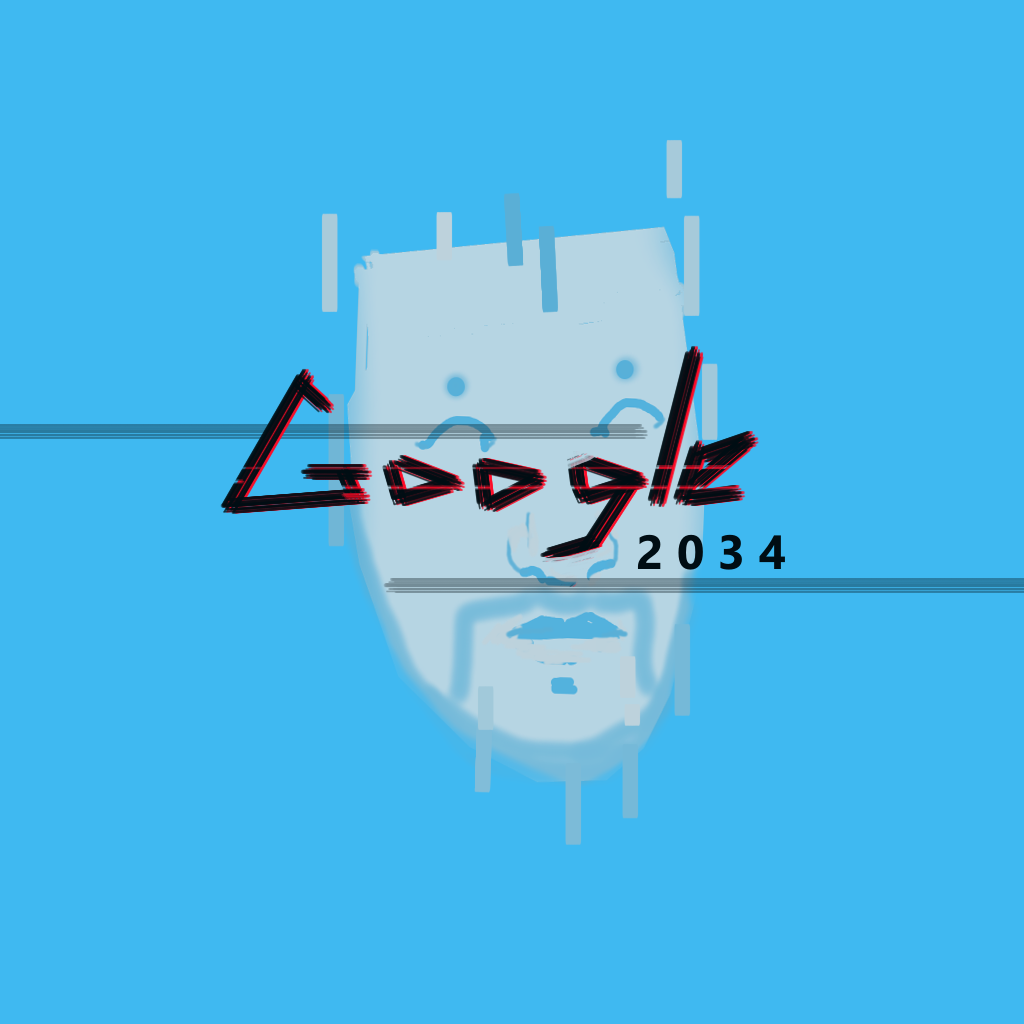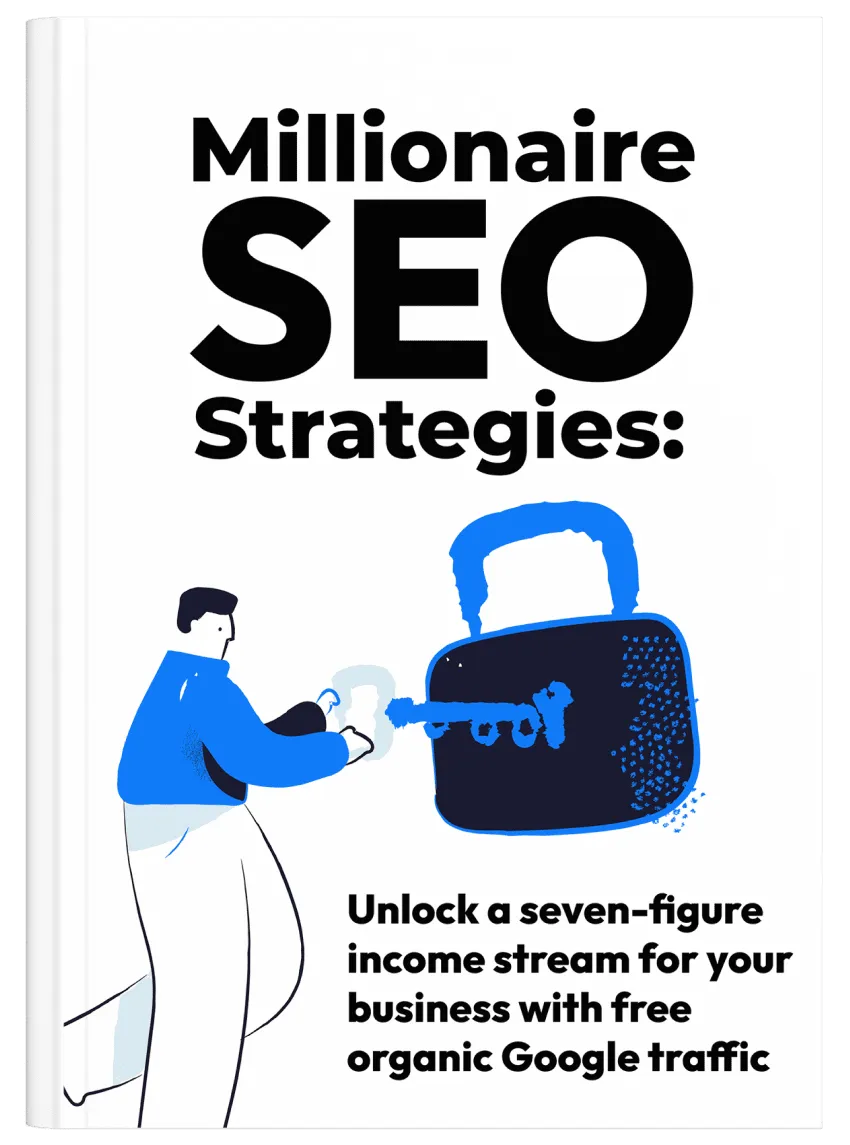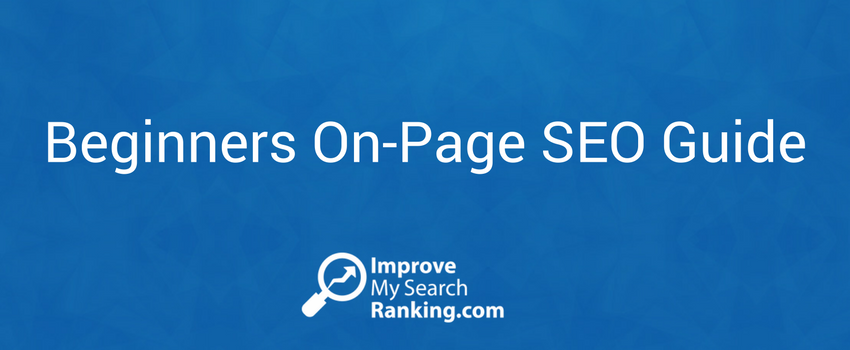
Search by 2034? Predicting the future with Google’s CEO
Imagine a world where finding information is even more effortless and intuitive.
But that world comes with its own risks and fears.
While a lot of people are benefiting from the sudden rise of AI into their daily lives, there is also a valid fear that AI will completely change online search in the near future and would render websites and content creators obsolete.
Google’s CEO, Sundar Pichai, recently offered a glimpse into this future, revealing how Artificial Intelligence (AI) will shape the way we search for information in the next decade.
Let’s see what he said.
It’s still early days
The discussion opens with AI’s undeniable impact on search. Pichai assures us that Google isn’t just keeping pace; they’ve been actively building the foundation for AI integration since 2016. And that it is still early days for AI.
“One of the main things I did as a CEO is to really pivot the company towards working on AI and I think that’ll serve us well for the next decade ahead. For example now I look back and compute is the hot currency now. We built TPUs, we started really building them at scale in 2016 right, so we have definitely been thinking about this for a long time.”
He emphasizes that we’re still in the early stages of the AI revolution, with even more groundbreaking advancements on the horizon.
The myth of disappearing websites
Many in the SEO and publishing world fear that AI will render websites obsolete.
Pichai offers a sigh of relief, stating that websites will continue to play a crucial role in search.
He clarifies that the core principle of surfacing information from the web remains unchanged; it’s simply the “technology by which you can answer” that’s evolving.
Search: A continuous evolution
Search has always been in flux.
While the iconic “ten blue links” format may seem like a relic of the past, Google has constantly adapted, incorporating features like image and video search, featured snippets, and answer boxes.
According to Pichai, Users have embraced these changes, highlighting their trust in Google’s ability to deliver relevant information.
Pichai sees AI as a natural extension of this evolution, empowering search with a more powerful tool: Large Language Models (LLMs).
Here, he references the user acceptance of past changes:
“Search used to be text and 10 blue links maybe 15 years ago but you know be it images, be it videos, be it finding answers for your questions, those are all changes you know …to my earlier point people kind of shrug and …we’ve done all this in Google search for a long time and people like it, people engage with it, people trust it.”
A focus on valuable websites
The conversation delves into potential biases within search algorithms. Pichai reiterates Google’s commitment to reflecting the information available on the web and providing trustworthy, high-quality results. Even with advancements like Search Generative Experience (SGE), the focus remains on directing users to valuable websites.
SGE acts as a summary tool, curating information from the web while still offering users access to a range of viewpoints. Pichai emphasizes this point:
“Let’s talk about search for a second here, you’re asking a very important question. I think you know the the work we have done over many many years making sure, from a search standpoint, in search we try to reflect what’s out in the web. And we want to give trustworthy high quality information. We’ve had to navigate all of this for a long time.”
Search vs chatbots: Understanding the difference
There’s a misconception that SGE signifies a shift towards a chatbot-like search experience. Pichai clarifies this distinction.
Search, by its very nature, involves actively seeking information, whereas chatbots are more passive interactions. This distinction is crucial; websites won’t be replaced by conversational AI.
Pichai lays out the difference between search and chatbots:
“And so I think that’s different from when you’re in a chatbot and I think that’s the more active area of research where sometimes it has its voice so how do you get those moments right and you know again for us, I think it’s an area where we will be deeply committed to getting it right.”
AI: Not a replacement?
The discussion concludes with a reassuring perspective on AI’s role in search.
Pichai views AI not as a disruptive force, but as a technology that enhances existing ones. Search, YouTube, and other Google products will all benefit from these advancements.
The future of search: A brighter horizon
The future of search, as envisioned by Pichai, is an exciting one. AI promises a more natural and intuitive way to access information, all while preserving the core strengths of the web. Websites will continue to thrive as valuable sources, and users will have a more powerful toolkit to navigate the ever-expanding information.
How are you planning to tackle the AI-powered future of search? Do you agree with Sundar Pichai’s predictions and assessments?
Please share your thoughts in the comments.








